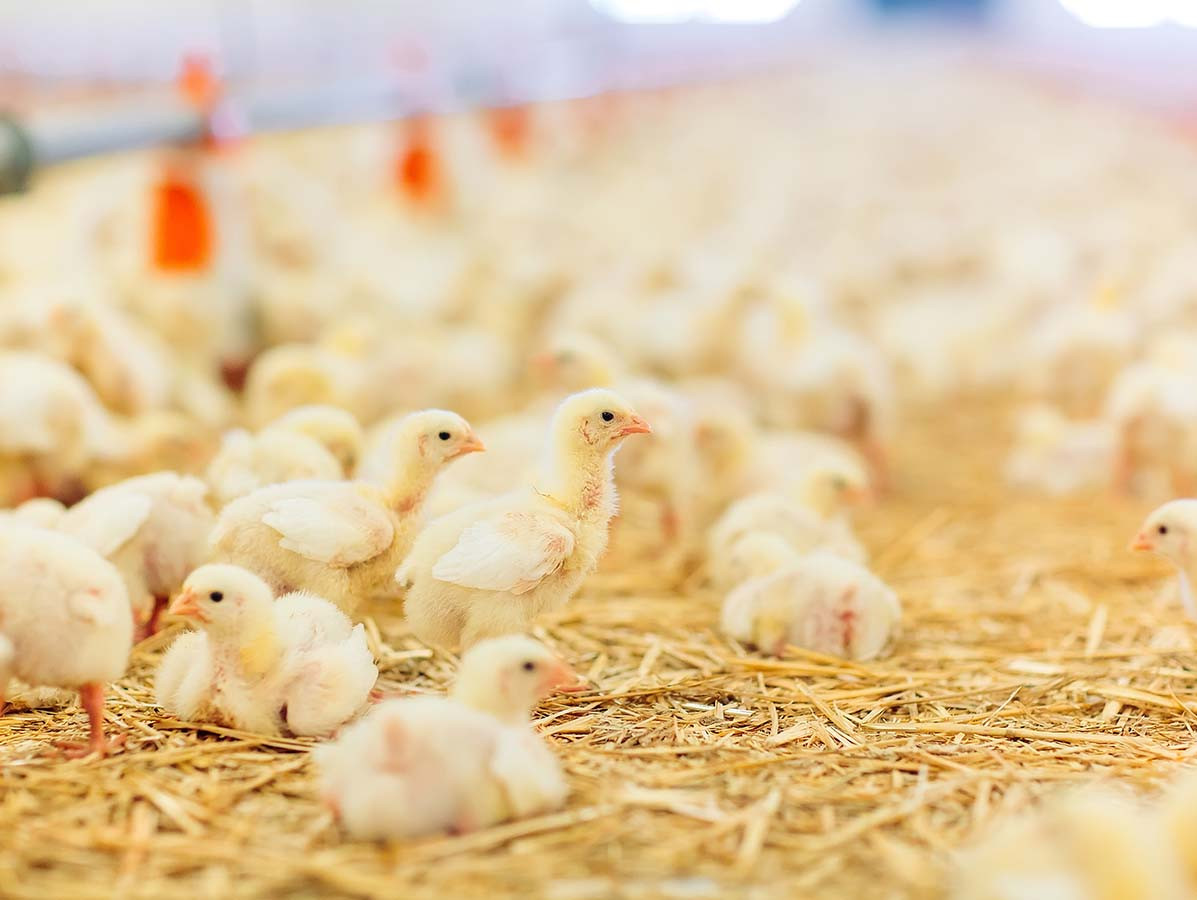
The global poultry industry got off to a strong start in 2025. The market was supported by firm animal protein prices and lower feed costs compared to last year. But that stability is proving short-lived: bird flu outbreaks, international tensions and postponed US import tariffs are fuelling uncertainty. According to RaboResearch, these developments could significantly disrupt global trade.
The fundamentals remain solid. Egg and beef prices are still high, and feed costs have stayed stable. Even so, pressure is mounting. The International Monetary Fund has lowered its global economic growth forecast by half a percentage point. “We have adjusted our global production growth outlook for 2025 from 2.5–3% to 2–2.5%, with a potential further downgrade if the conflict escalates,” says Nan-Dirk Mulder, Senior Analyst at RaboResearch. Regional differences remain considerable and are shaped by geopolitical instability and the ongoing bird flu situation.
The US import tariffs, announced in April but since postponed, continue to cast a shadow over the market. If a deal is reached, the US could gain broader access to export markets—possibly at the expense of other producers. In the event of a trade war, countries like Brazil and Thailand could stand to gain. Meanwhile, the conflict between Israel and Iran is creating additional concern. The Middle East is an important destination for poultry, with Brazil, the US, Turkey and Ukraine among the key suppliers. Any escalation could seriously disrupt these export flows.
Global poultry trade reached record levels in the first quarter. But a bird flu outbreak in Brazil in May changed the outlook dramatically. Around 40 percent of Brazilian exports were immediately blocked by major importing countries. The hatching egg trade also took a hit, with outbreaks reported in Europe, Brazil, the US and previously New Zealand. “We expect supply to remain tight, especially in countries that depend on imported hatching eggs,” says Mulder. This applies in particular to regions such as the Middle East, Africa and Latin America.
Source: RaboResearch